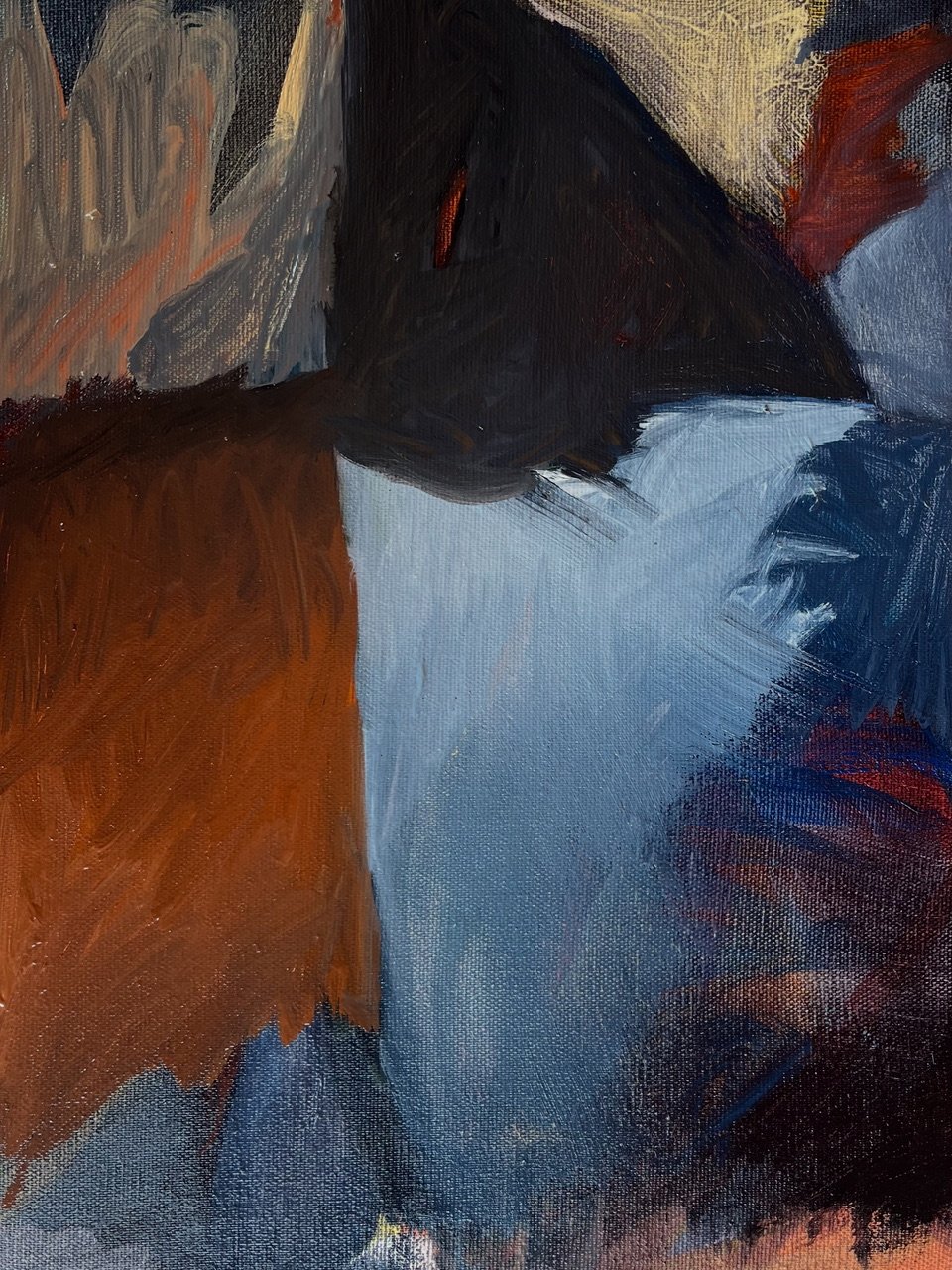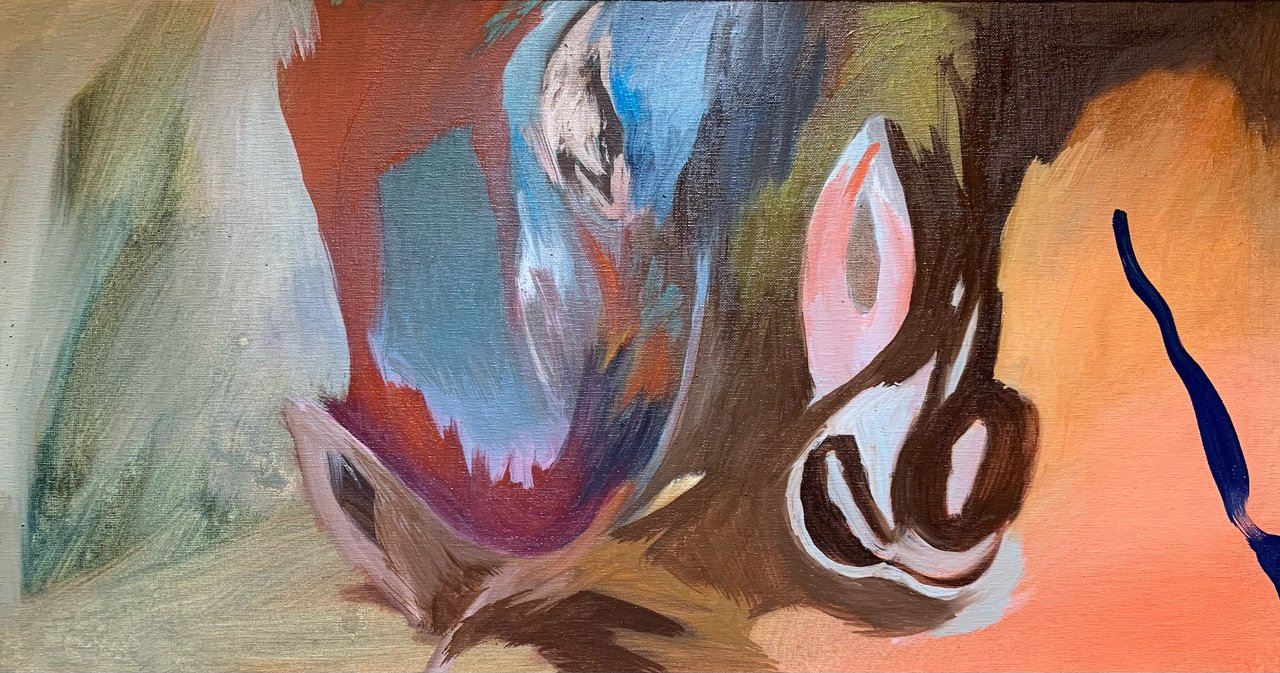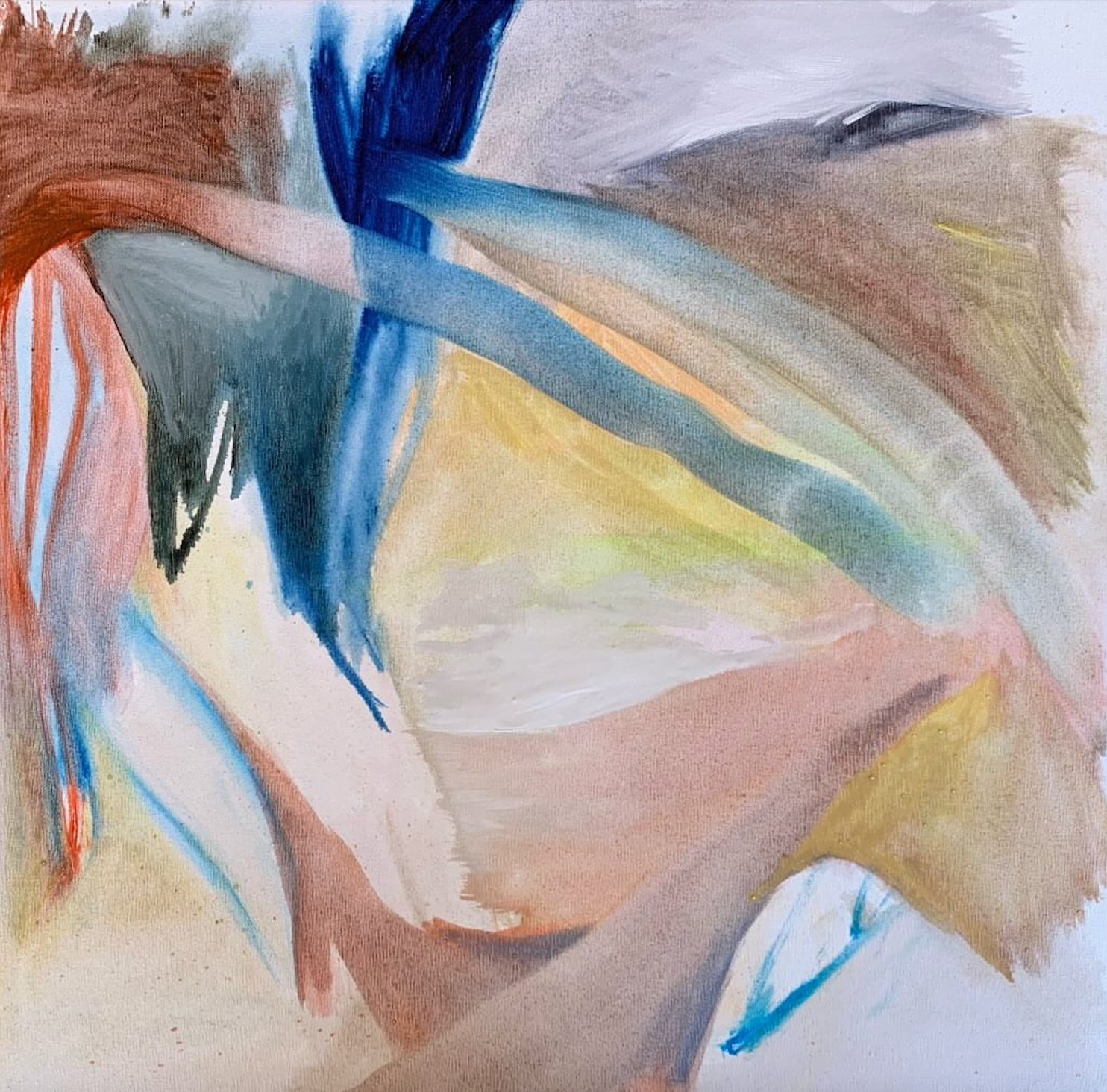An Interview with - Jean Willi
by Maija Carr
Maija: Having lived in Ibiza since 1974, what first brought you here and how has the island’s culture and environment shaped your artistic and literary expressions over time?
Jean: In 1974 I travelled with my then-girlfriend through the Sahara. We travelled on to Niger, Nigeria and Cameroon, where we sold our Land Rover and ended up in Senegal by boat. On our journey home to Switzerland, my girlfriend said we should stop off in Ibiza and rent a house for a month – it was super cheap at the time. The island has changed a lot, but so have I. Over the years, I had lived and worked in progressive seclusion, so I haven’t been affected by certain constructions such as motorways etc. At some point, I gave up questioning my existence on the island when something didn't suit me and decided definitively to stay here. The north of the island is still truly enchanting. I’ve just done my thing.
Maija: Were there any specific artists or writers who shaped your creative vision, and have any of them resided in Ibiza?
Jean: I was a fan of Picasso from a very young age and defended him against anyone who claimed he could do the same! On the island, I got to know all the artists and painters but I can’t say they really influenced me. I oriented myself more towards Cy Twombly and Marc Tobey, among others.
Maija: What first drew you to art and literature? Was there a specific moment in your life when you knew you wanted to pursue these paths simultaneously?
Jean: In the Sixties, I attended the School of Arts and Crafts in Basel, Switzerland, and did an apprenticeship as a graphic designer before moving to Paris. I started painting when I got stranded in Ibiza, and also began my writing career here. I was drawn to painting because I enjoyed the education, and writing developed later out of my fascination for literature.
Maija: Your work has transitioned through various styles across the years, from intricate drawings and paintings to vibrant abstractions. Do you believe abstraction allows for greater artistic freedom than figurative work? What influences have driven these stylistic changes throughout your career?
Jean: In the beginning I produced many calligraphic works, from which minimalist abstractions developed. Working abstract allows me to proceed freely - I don't want to convey anything that is not conveyed by the image itself. Writing demands that I am comprehensible and formulate thoughts in such a way that they are legible. With painting, I love to leave it up to the viewer.
Maija: Do you aim to evoke specific emotions in your audience, or do you prefer them to interpret your work freely with their own narrative?
Jean: The viewer is free to interpret my work as they wish (although it doesn't always convince me!).
Maija: Are there any recurring symbols or themes in your work that hold personal significance to you? If so, what are they and what’s the meaning behind them?
Jean: Symbols and formulations appear in my work unintentionally and are definitely repeated in one way or another. These images remain recognisable and can be attributed to me and my style of work.
Maija: What role does colour play in your artistic expression? Do you have a particular palette that resonates with you, and how has your relationship to colour changed over the years?
Jean: At the beginning of a painting, I tend to choose the colours rather randomly. In the course of the work I then set selected accents, but in most cases they’re related to my mood or how I’m feeling in the moment. Sometimes I decide in advance to paint a dark painting, but don't ask me why! My last paintings are all relatively colourful.
Maija: Is there a place or somebody specific on the island that has inspired you to continue to pursue your career in art?
Jean: I have lived around Santa Inés for years and am hard to find! I adore the North and it’s people and have done from the very beginning. It creates a climate that's good for working (or lazing around).
Maija: How has Ibiza’s art scene changed since you arrived in 1974? Do you think the island still fosters artistic creativity in the same way?
Jean: The art scene has changed a lot since the Seventies, partly because most of the painters from back then have either moved or passed away. I believe that the island is still well- disposed towards artists, as you can see from the many new galleries springing up. So the answer is yes, Ibiza is a good place for artists (as long as you don't feel the need for urban / commercial exposure).
Maija: What makes a piece of art truly valuable in your eyes—its concept, execution, or the artist’s reputation?
Jean: There is a famous saying: art is what is declared to be art. For me, the execution of a painting is decisive in this respect. Other painters, especially those with a message, will see it differently. It is well known that a certain reputation can drive up prices (though it’s not always justified).
Maija: Beyond painting, you’ve authored novels such as “Sweet Home”, “Matar” and “Closing Party”. How do you navigate the creative process between writing and painting? Do these disciplines influence each other in your work?
Jean: As a painter I have an eye for certain things, which can be helpful when describing nature, for example. However, unlike in painting, I have to start writing with a kind of skeleton that I have to put muscles and flesh onto. I typically have an idea of where I want to go with a story, because otherwise I get lost (which is less the case in painting, on the contrary, I like to get lost every once in a while and discover new territory).
Maija: Do you think the people of Ibiza—residents and visitors—interpret your work differently compared to audiences in other countries?
Jean: If I know a painter personally, I may interpret or perceive his work differently, which isn’t always helpful as I can no longer view the work objectively. On the other hand, I have the advantage of seeing things in a painting that remain hidden to the untrained eye. As for the differences in how my work is viewed outside the island - there are cultural backgrounds that play a role so I can’t say I know for sure.
Maija: Many artists and locals feel Ibiza’s identity is being lost to luxury tourism and urbanisation. Have these changes affected your artistic themes?
Jean: I’ve lived on the fringes of these developments in the North and what I perceive around me has changed minutely. When I visit San Antonio, not much seems to have changed there either. I skip the wild summer nights and prefer to sit outdoors on my terrace, applauding the sunset (that's an old man talking). I haven't been to Pacha for a long time, but so what! My paintings don’t change for that reason.
Maija: Is there a project you’ve always wanted to create but haven’t had the opportunity to yet?
Jean: If such a project exists, I don't know about it yet – although there’s always a next painting, a next story.
Maija: What guidance would you offer to emerging artists striving to establish their unique voice in today’s art world?
Jean: The process varies from person to person. Perhaps the island isn't the right place to start a career after all, since there's too little resistance. Painting has something to do with being honest with yourself.
Maija: Looking back at your career, what moment or work do you consider your most defining achievement?
Jean: It's funny when I think about it - it's often the present moment. There have been highlights, and occasionally I’ve thought ‘this is the breakthrough’. It's hard to judge for yourself. My last exhibition at the Refectory was lovely; now I'm looking forward to the one at the Inbetween Gallery.
Maija: Do you think Ibiza will continue to be a refuge for artists like it has been for so many years? What do you believe keeps drawing them in?
Jean: I think Ibiza has a special aura that attracts a certain type of person. How long they stay on the island is another question entirely. The Ibicencos are wonderful people and have shown a lot of patience with us freaks over the years! If you can afford it, then yes, come to Ibiza. However, there is a danger that those hundreds of painters could become inflationary one day.
Maija: With a career spanning over 50 years, what new directions or projects are you contemplating for the future? Are there unexplored mediums or themes you’re eager to investigate?
Jean: Let's just say I'm continuing to run the marathon.
Maija: Is there a specific artwork that you’ll be exhibiting that you feel best captures the spirit of Ibiza?
Jean: I'm happy to leave the portrayal of Ibiza's spirit to other artists - I'm not skilled at interpreting ghosts. I believe that the diversity of artists and their means of expression captures Ibiza’s spirit best.
Maija: What’s your favourite piece of art that you’ll be exhibiting at Inbetween Ibiza, and why?
Jean: I can't say yet! The space, number, size and all the conditions play a role when it comes to a selection.
Maija: After so many years, do you see yourself as an Ibizan artist, a Swiss artist, or simply as an artist without borders?
Jean: An artist without borders..
Maija: How would you like to be remembered on the island - as a painter, a writer, a creative spirit or something entirely different?
Jean: As a memory, like when you remember a good friend who is no longer with us in this realm. I love the notion of books outliving me, that pictures and paintings remain eternally.
Interview by Maija Carr - Carrmaija@gmail.com - @maijacarr










